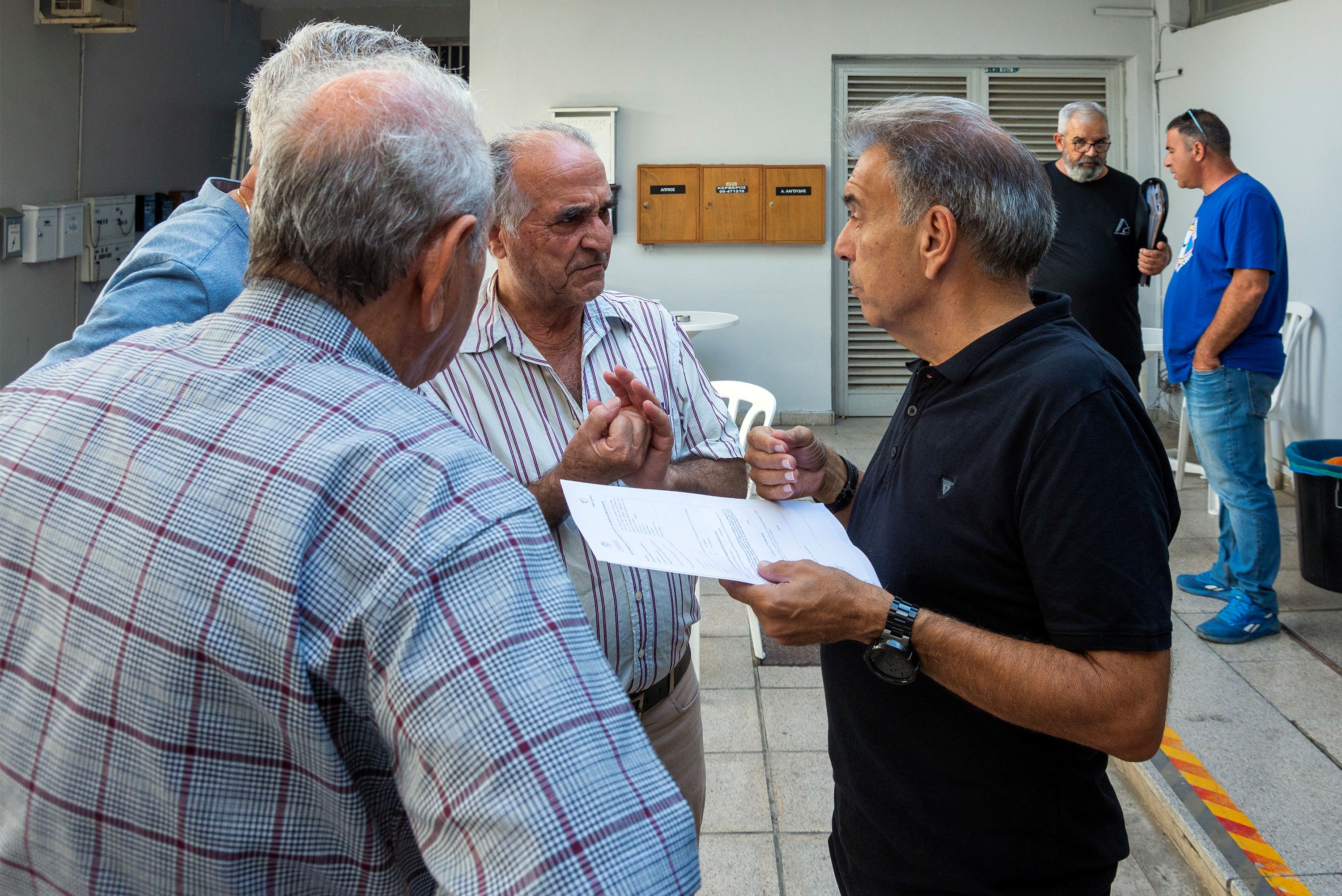The recently introduced automated import system (AIS), which officially went live on September 29, continues to malfunction, causing significant delays in the clearance of goods, the head of the customs agents association, Christos Acaros, told the Cyprus Mail on Thursday.
“Currently, the issues mostly concern old shipments from before the implementation of the new AIS, but there are also problems with newer shipments,” Acaros said.
He explained that the system remains “buggy.” While acknowledging the efforts of the customs department headquarters, which has already reported multiple issues to the software developers, he said problems persist.
“We don’t always see the exact weight,” he explained. “For example, a cargo might be 60.6kg, but the system only displays 60kg.”
Acaros said he was optimistic the problems would be resolved but estimated it could take up to a week.
An importer who contacted the Cyprus Mail said he has been waiting for the clearance of “several important shipments” that arrived at Larnaca airport via air freight on September 29.
“FedEx informed me that this is due to the new AIS system and apparently affects many packages waiting to be imported,” he said.
The importer added that the courier company told him there was nothing they could do and that the issue lay with the customs department.
The issue was eventually resolved on Thursday evening.
Acaros stressed that the problems could not be attributed to one party alone. “Delays can occur at any stage – whether with customs, couriers, or airlines – depending on the case,” he said.
He added that the new system has led to clearance times up to three times longer than under the previous system.
“Say we have a shipment of sugar in five containers. With the old system, we [customs agents] would complete entering all the relevant information within maybe fifteen to twenty minutes,” he said. “Now, we have to enter the information for each of the five containers one after the other, which takes much more time.”
The customs agents had earlier in September expressed their concern about the implementation of the new AIS, saying training time for staff had not been sufficient, and ultimately went on a four-day strike.
“One part of the problem is the software itself, and another is the training of clearing agents, shipping agents and government customs officers,” Acaros said.
Acaros explains that there is an important difference between members of his association, the customs agents, and the actual customs officers of the customs department.
He also highlighted the distinction between customs agents and customs officers. Customs agents, he explained, are private service providers acting on behalf of importers to prepare the necessary documentation and are recorded as agents on the import declarations.
Customs officers, on the other hand, are civil servants who receive the declarations, verify that goods are correctly declared, and may order on-site inspections.
The customs department told the Cyprus Mail it would provide comment on the matter as soon as possible.






Click here to change your cookie preferences